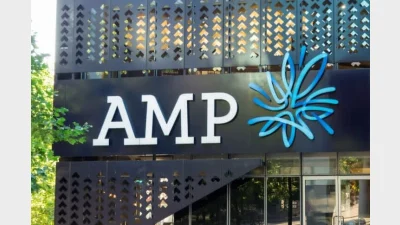(December-2003) ARF win nudges it past $5 bn
Reckitt Benckiser, which makes iconic Australian household products like Mortein, Aerogard, and Dettol, is closing its $18 million corporate super fund and transferring the assets and 250 members into the Australian Retirement Fund (ARF).
This move has helped propel ARF’s funds under management past the $5 billion mark.
Reckitt Benckiser’s human resources director Grahame Jones says his company made a bittersweet decision after conducting a thorough review of a number of providers, with the help of Watson Wyatt.
“The corporate award fund has served our employees very well over many years. But as the superannuation industry has developed, we simply didn’t have the scale to offer our members the range of quality services that a fund the size of ARF does,” he says.
ARF CEO Ian Silk notes that his fund has been successful in a number of recent tenders for corporate funds with other recent wins which include the 240 member $15 million staff super fund of Egis Consulting (a division of GHD Consulting Engineers), the 150 member $15 million Feltex management super fund and the 150 member World Vision corporate fund.
“The introduction of the new ASX 100 Shares investment option has fuelled further interest in ARF from other corporate funds considering closing down,” he says.
Recommended for you
The super fund is open to the idea of using crypto ETFs to invest in the asset class, but says there are important compliance checks to tick off first.
ASIC has launched civil penalty proceedings in the Federal Court against one of the super trustees wrapped up in the Shield Master Fund failure.
Industry associations have welcomed the Treasurer’s review into the superannuation performance test and called for targeted changes that would enable investment in certain assets with strong long-term performance.
Super funds are strengthening systems and modelling member benefits ahead of payday super.











